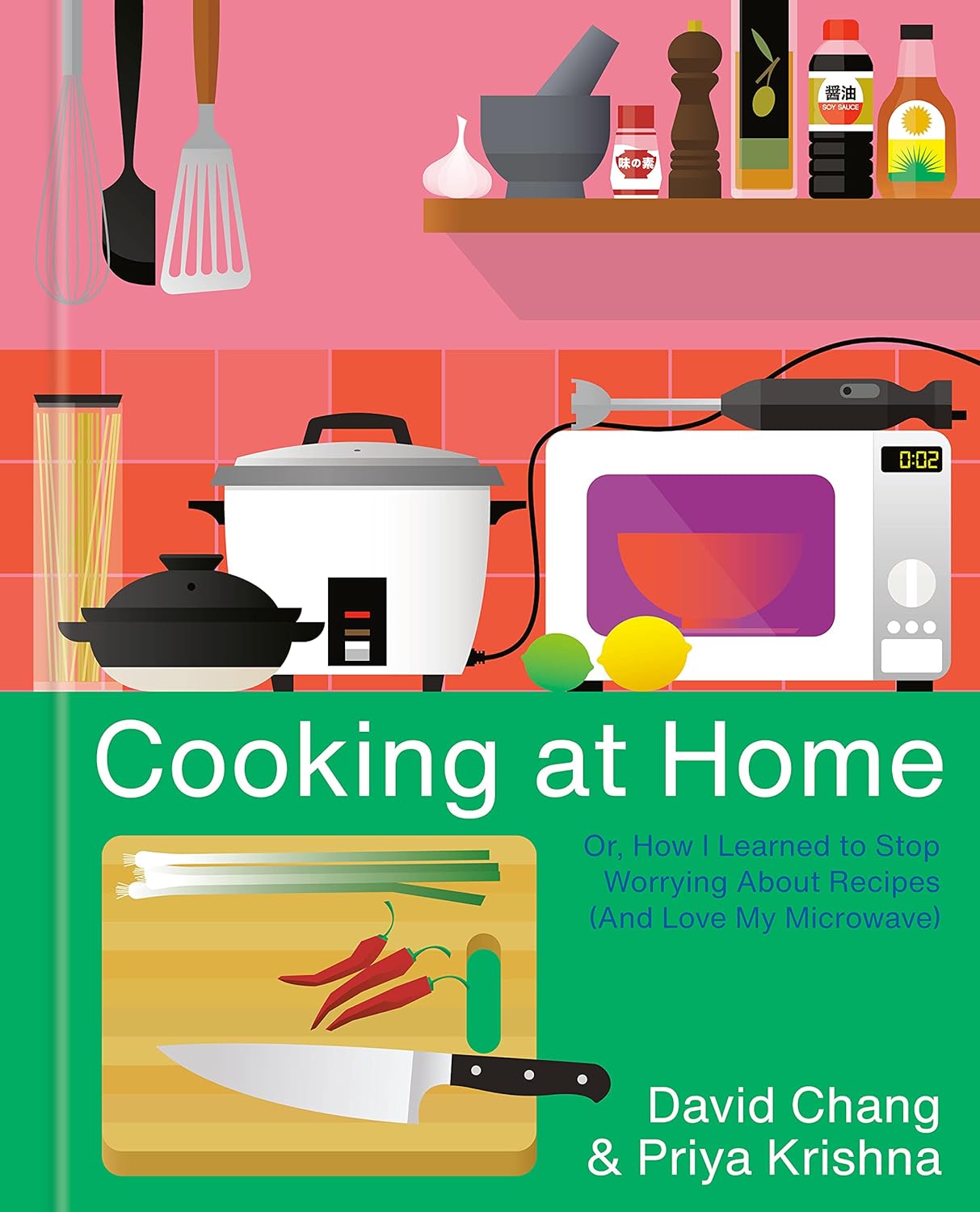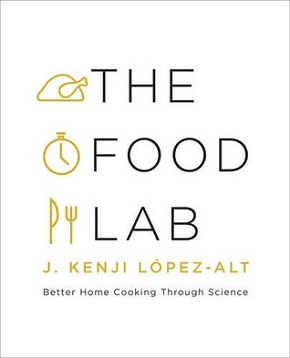 by now i've dropped enough recipes and stuff about cooking in random corners of my site that i think it's about time to get organized and put it all on the same page. more than anything most of these recipes are collected here for my own consultation, for some reason i have an exceptionally poor memory for recipes, i can cook something ten days in a row but then if i go a week or two without cooking it i'll have to brush up again. most recipes are selected in line with my idiosyncratic tastes: fast, simple, not terribly messy, not too wasteful, cookable with stuff you can find at costco or with seasonings you can buy in bulk that last forever. the majority are japanese or japanese-inspired, partially due to my own interest but also because japanese home cooking has a wide variety of dishes that meet my requirements.
by now i've dropped enough recipes and stuff about cooking in random corners of my site that i think it's about time to get organized and put it all on the same page. more than anything most of these recipes are collected here for my own consultation, for some reason i have an exceptionally poor memory for recipes, i can cook something ten days in a row but then if i go a week or two without cooking it i'll have to brush up again. most recipes are selected in line with my idiosyncratic tastes: fast, simple, not terribly messy, not too wasteful, cookable with stuff you can find at costco or with seasonings you can buy in bulk that last forever. the majority are japanese or japanese-inspired, partially due to my own interest but also because japanese home cooking has a wide variety of dishes that meet my requirements.
eventually, i may compile these into a cookback entitled "the cheap lazy idiot weeb's guide to eating good", the exact book i wish would've existed when i started getting into cooking around five years ago, starting from pretty much zero as a worthless gamer shut-in during covid. at the time, even so-called "beginner" recipes felt overwhelming, the smallest tasks like going to the store to buy more than five ingredients at once felt like a monumental effort, and i didn't have the attention span to spend more than an hour on anything. to that end, to reduce the mental bandwidth required many of these already-simple recipes have been simplified even further from their original forms, omitting distracting details like appearance-only garnishes, or extra steps for perfectionists that take up lots of time and effort for minimal gain (leave worrying about that stuff to restaurants and pros).



